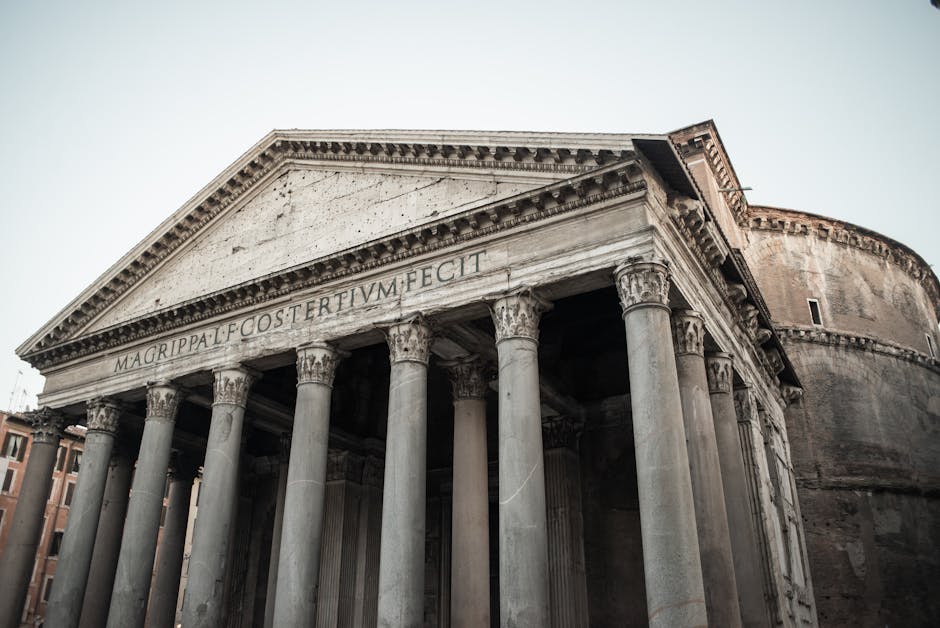
Global Influence on Latin American Folklore
Global Influence on Latin American Folklore
Latin American folklore is a combination of indigenous traditions and influences from various cultures around the world. The region's folklore reflects the history, beliefs, and customs of its diverse population.
One of the significant global influences on Latin American folklore is the Spanish colonization. When the Spanish arrived in the Americas, they brought their own traditions, legends, and religious practices. These blended with the indigenous folklore, creating a unique fusion of cultures.
Another important global influence is African folklore. During the era of the Atlantic Slave Trade, millions of Africans were forcibly brought to Latin America. They brought their own folklore, music, and storytelling traditions. The African influence can be seen in various aspects of Latin American folklore, such as dance, music, and mythical creatures.
Indigenous cultures have also played a crucial role in shaping Latin American folklore. The Mayans, Aztecs, Incas, and other indigenous groups had their own rich traditions and myths. Many of these legends and stories are still prevalent in Latin American folklore today.
Furthermore, Latin American folklore has been influenced by other European cultures besides Spain. Countries such as Portugal, France, and Italy have contributed to the diversity of folklore through their migration to Latin American countries. Each culture added its own legends, superstitions, and celebrations to the existing folklore.
Today, Latin American folklore continues to evolve with the influences of globalization. Traditional folktales and legends are being adapted to contemporary settings, and new stories are emerging. The fusion of global influences with local traditions has created a vibrant and dynamic folklore that celebrates the cultural diversity of Latin America.
